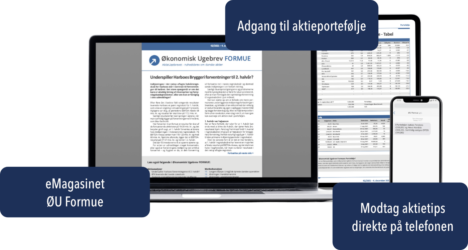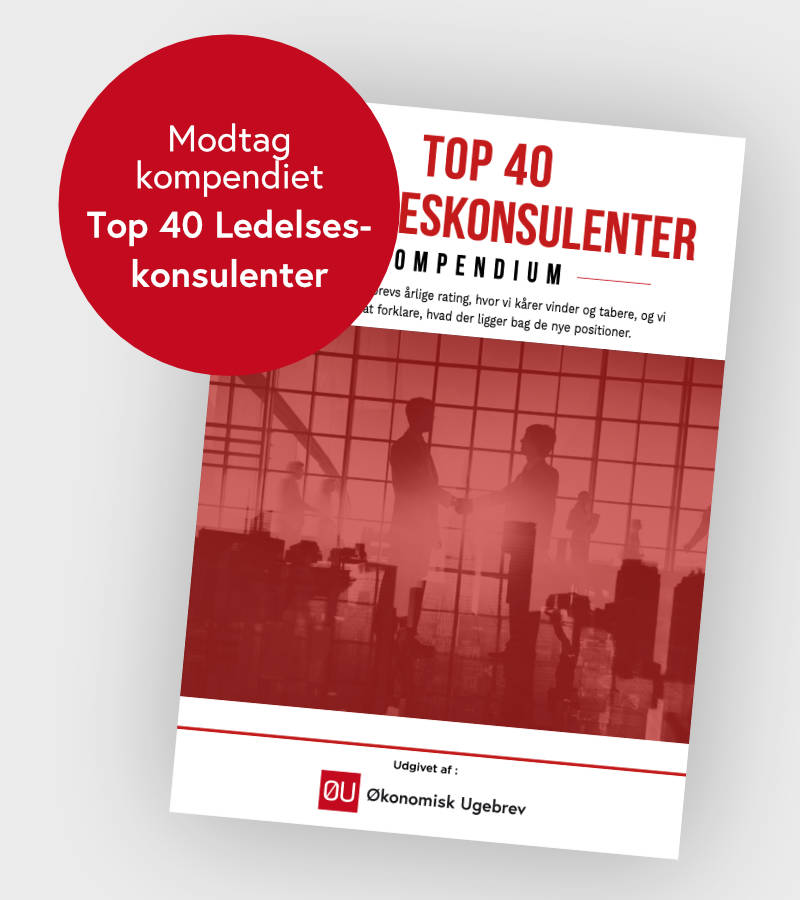By Morten Sørensen, January 11th 2021
In 2020, the virus crisis has accelerated the processes for strategy and change in many large Danish companies. During the year, a string of strategic building blocks have been used in the leading companies, and they will also have an impact in the coming years, subject editor Morten Sørensen writes in this analysis.
A review of the strategies and restructuring efforts presented by large Danish companies in 2020 contains a number of new – or reinforced – themes which will also leave their mark on 2021. This particularly applies to these themes:
1. Closer to the customers 1.1 Improving and expanding the digital sales channels.These initiatives have already been ongoing for several years. But the virus crisis has boosted them significantly. Even companies which so far have been more conservatively reluctant in this area – for instance Salling Group and Fleggaard – have in 2020 decided to additionally spend hundreds of millions on expanding online sales, which in 2020 probably has conquered new market shares permanently.
1.2 Vertical integration It is a strategic phenomenon that in the name of focus has been toned down for a number of years. But large corporations are now increasingly paying for direct access to end customers. A.P. Møller-Mærsk has expanded further into the logistics industry, which is typically the contact point for end customers.
The trend spread in 2020, when Carlsberg bought control of a large British pub chain, and Vestas bought into one of the wind farm developers that are buying the group’s wind turbines. The ventures provide better utilization of the entire value creation process, access to – and feeling with – the end customers, but carry a risk that you strengthen the dependence on certain markets and end up competing with your own customers.
2. New internal workflows and structures. 2.1 Digitization of internal contact.An immediate effect of the virus crisis on working life has been the digitization of internal and external cooperation. This trend will continue in a future that will be characterized by more homework, more digital meetings and fewer business trips. Some IT companies, such as GN Audio, which manufactures headsets, are benefiting from this development.
2.2 Simpler internal structures. The improved digital communication options – and those opportunities that IT gradually allows for better centralized view and control – is also part of the reason why companies such as ISS and Novozymes in 2020 decided to simplify and concentrate decision-making processes from national to more supra-regional centers.
3. More robust supply chains. 3.1 Geopolitical security and stability.With increasing tensions between the world’s major economic blocs, several companies have in 2020 diversified the supplier and production network, so that they are no longer too dependent on specific countries and regions. The tendency for traditional global trading patterns to break down also provides opportunities. DFDS creates new business opportunities by helping companies with the additional red tape that results of Brexit.
3.2 Sustainability in the supply chains. In the future, many companies must be even more able to maintain political, social and environmental sustainability throughout the whole supply chain. Coloplast is just one of many companies that in 2020 have laid down new tough sustainable ambitions. It will have an impact all the way through the supply chains of these companies. For transport companies such as DSV and Mærsk, this strategical aspect has clearly become more significant in 2020.
4. Opportunistic agility 4.1 Accelerated internationalization.This is not a new phenomenon, but some companies have taken strategic initiatives that have taken exceptional advantage of the momentum they have experienced during the year. Brdr. Hartmann and Flügger have had strong sales growths during the virus crisis, and at the same time they have been buying up and have created a new, significantly larger, international foundation for themselves.
4.2 Flexible use of the capital markets. Companies such as Bavarian Nordic, NKT, SP Group, and Bang & Olufsen have, with quick actions, taken advantage of institutional investors’ abundance of money and willingness to take risks, as well as a stock market that to a greater extent – even though it suffered a setback in March / April – has also been prepared to deliver new capital.
For more articles in English: Our articles in English














